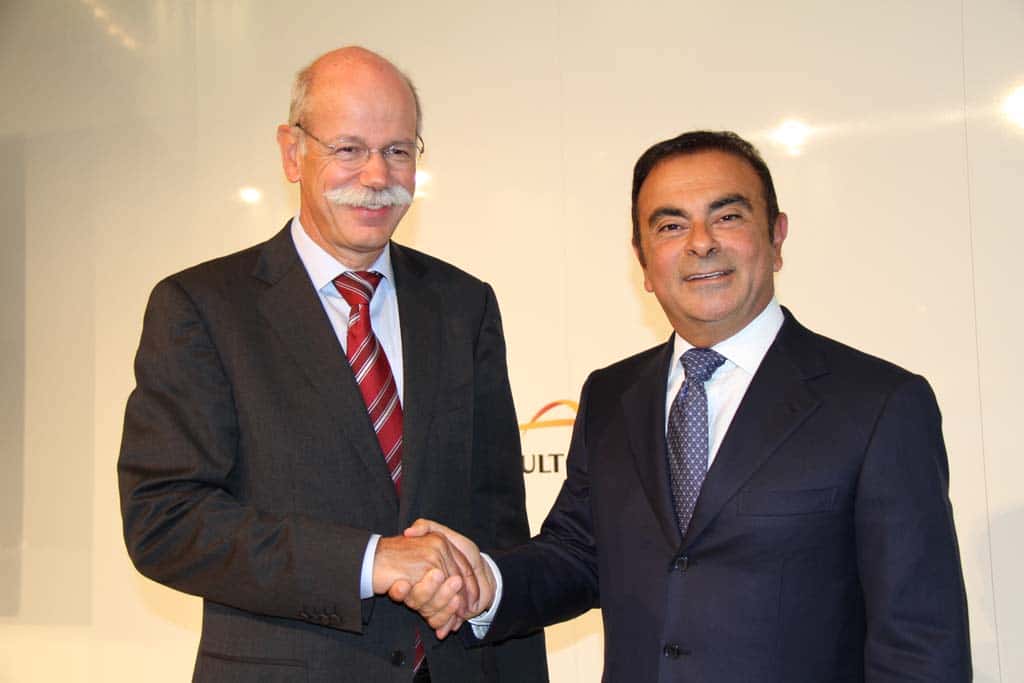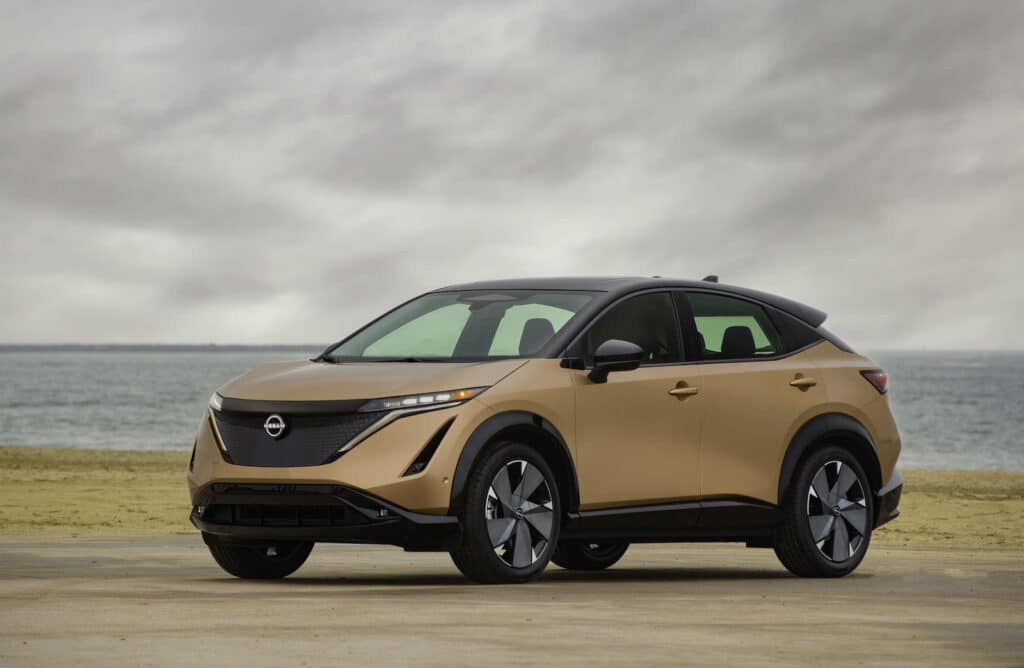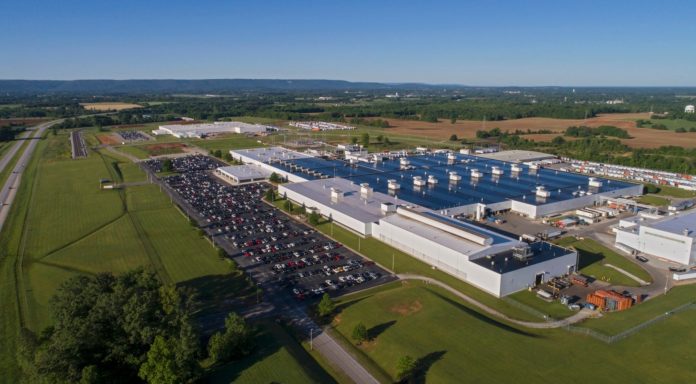Nissan is expected to spend $250 million to establish an electric vehicle (EV) manufacturing hub at its Decherd, Tennessee factory, bringing the company’s U.S. investment in electrification to $750 million.
While the CEO didn’t reveal any further details on what the automaker plans to produce at the facility, the outlay comes as demand is increasing faster than the company expected, even though the company was an early entrant in the EV market, with the Nissan Leaf having been introduced in 2010. But the company never took advantage of its early lead in the segment, surrendering it to other manufacturers.
One suspects Nissan’s new U.S. investment is likely a result of the federal government’s new $7,500 tax credit for EVs in the Inflation Reduction Act, passed last summer, which favors domestically produced EVs and batteries over those made abroad. The statute stipulates that each battery must contain 40% or more of materials mined or refined in North America or a country with a free trade agreement in order to qualify for a $3,750 tax credit. That covers certain South American countries as well as allies like South Korea and Australia. If the battery’s component parts are assembled in North America, there’s a second credit of $3,750.
Nissan is projecting that 40% of its U.S. sales volume will come from EVs by 2030. Some of that will come from its Canton, Mississippi plant, which is slated to manufacture an EV for Nissan and Infiniti in 2025. Currently, a paltry 1.4% of Nissan’s North American volume comes from pure EVs.
A remnant of a short-lived alliance

Located about an hour away from Nissan’s Smyrna Vehicle Assembly Plant, and built at a cost of $1 billion, he Decherd, Tennessee facility manufactures 4-, 6- and 8-cylinder engines, as well as electric motors for Nissan and Infiniti vehicles built in the U.S., including the battery-electric Leaf.
The Decherd facility serves as a reminder of Nissan’s formerly lauded alliance with Daimler, similar to Nissan’s difficult relationship with its alliance partner and majority owner, Renault. The three automakers first decided to collaborate in 2010, unveiling a number of projects including joint vehicle development and a powertrain swap, the latter of which gave rise to the Decherd facility.
The factory initially built a turbocharged 2.0-liter inline-4 used in the Mercedes-Benz C-Class and Infiniti Q50’s European models. It went on to build powerplants for the Mercedes-Benz GLE, as well as the Sprinter and Metris vans — the latter being discontinued in the U.S. market. But Nissan’s partnership with Daimler was always troubled, the two automakers couldn’t agree on a common manufacturing process, negating costs savings that could come from such a move. Instead, their engines were assembled on separate lines, limiting any economies of scale.
The engine business is one of the last surviving components of the collaborative programs that Nissan and Daimler have dismantled during the last few years after the May 2019 retirement of Dieter Zetsche and the controversial November 2018 arrest of Carlos Ghosn.
Nissan’s current EVs

Nissan is starting to build the 2023 Nissan Ariya, an all-new, all-electric crossover with EPA-estimated driving range and a starting at $43,190. It’s Nissan’s first new EV since the Leaf was introduced 13 years ago.
The base Engage model features a single motor mounted on the front axle making 214 horsepower and 221 pound-feet of torque. It draws power from a 63-kWh lithium-ion battery delivering an EPA-estimated driving range of 216 miles.
The optional Venture+ package brings with it a bigger 87-kWh battery pack, which bumps horsepower to 238, but expanding range to 304 miles. At the top end, Nissan offers the Nissan Ariya Platinum+ e-4orce, with a motor on each axle that provides all-wheel drive along with 389 hp, 442 lb-ft of torque and 270 miles of range.
Nissan continues to offer the Leaf for 2023, starting at $27,800. Unlike the Ariya, it’s eligible for a 2023 $7,500 tax credit depending on your income, reducing its ultimate cost. For the new model year, the Leaf gets a revised wardrobe, with freshened a front grille, headlights, bumper molding, rear diffuser and rear spoiler.
The line-up now consists of two models. The 2023 Leaf S comes with a 40-kWh lithium-ion battery and 110-kW electric motor that delivers 147 hp and 236 lb-ft of torque and 149 miles of range. The 2023 SV Plus gets a larger 60-kWh battery pack and a 160-kW electric motor that produces 214 hp, 250 lb-ft of torque and 212 miles of range.

